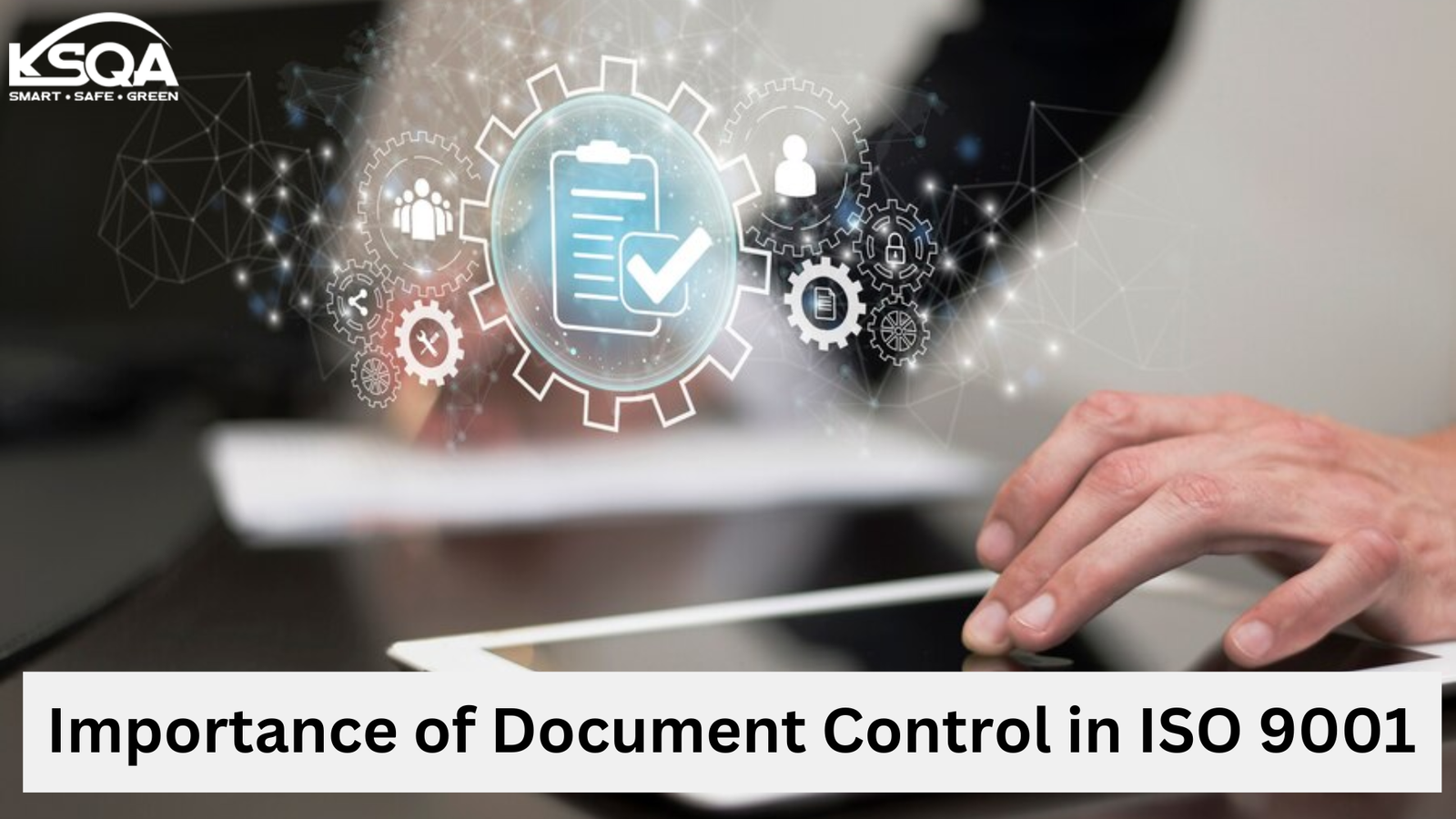Many businesses that provide products and services for the aviation, space, and defense industries strive to obtain AS9100 certification. This is because the aerospace sector has particular criteria for quality control. This AS9100 standard establishes requirements for quality management systems with the difficulties of the aerospace sector in mind.
In this blog, we will discuss the AS9100 standard & its implementation requirements in detail.
What is AS9100 Certification?
The AS9100 is an international aerospace standard. This follows a quality management system where an organization wishes to demonstrate its ability to consistently provide a product that meets customer and applicable statutory and regulatory requirements.
If you have certification, your clients know they don’t need to independently audit your QMS because an impartial party has already done so and validated conformity with the AS9100 standards.
The certification organization will provide you with a certificate once you’ve passed the AS9100 certification audit.
What is the significance of AS9100?
The QMS must consider these needs because they are special to the aerospace sector. As an aerospace supplier, you need to show that you are committed to quality as an aircraft supplier to ensure that you meet these standards specifically for the aerospace industry and increase the productivity of your company and the level of customer satisfaction.
You can achieve it using a QMS that complies with AS9100. Suppose you manage, regulate, and audit your processes and have a third party certify that your QMS complies with the standards. In that case, your customers will also feel secure knowing that everything is handled appropriately.
AS9100 was written as an international standard for aerospace quality management systems based on seven quality management principles that are essential to making a QMS work. To please your clients, you should base your QMS on these ideas.
What are the steps to becoming AS9100 certified?
Before you can go through certification audits, you need to apply the AS9100 criteria. Employing a QMS will enable you to complete the following tasks before certification:
- Internal reviews: Your internal audit procedure enables you to assess if your processes are planned and, if they are not, to pinpoint the main source of any issues. It can highlight and address weak points in your QMS.
- Management evaluations: Management will assess the system’s commitment to ensure a QMS is being implemented properly and efficiently. Resources are then allocated appropriately.
- Corrective action: If a problem arises while your QMS is in use, you need to identify the underlying reason and stop it from happening again.
Implementation steps for the AS9100 standard.
Get management support
If you do not have management support for adopting your QMS, it will be very difficult to implement and may even fail altogether.
- Establish your project
It is quite advantageous to approach your QMS implementation as a project with a budget, designated resources, and an implementation project plan, even though it is not strictly required.
By doing this, you can more easily keep track of the tasks required to ensure that your implementation runs without a hitch and spot issues before they get out of hand.
- QMS process
The AS9100 requirements list numerous things that are required for a working QMS. Like you should identify these processes, their interactions, the documentation you need to make sure that each process’s objectives are met, and the records you’ll need to be able to prove that each process was carried out correctly.
- Implement your processes, procedures, and associated controls.
Once the processes, procedures, and controls have been established, you may implement them throughout your business so employees can begin operating under the new or revised procedural information.
- Train employees and make them aware of the following.
Having your plans for each process documented is not enough; individuals also need to be trained on the procedures and aware of how their actions affect the QMS.
Get everyone on board with your QMS. Records of training sessions will be useful.
- Find the right certification body.
The certification body is the company that will come to your organization. It audits your QMS against the AS9100 requirements to issue you a certification saying you comply—and many of them are out there.
To ensure that you get the most out of these audits, choosing a certification body with auditors that are educated about your sector and the sort of product is crucial.
- Use your QMS processes.
The certification authority will need you to utilize your processes for a while to amass the records necessary to prove this, as they will be comparing the intended activities of your processes against what is happening in them. Even the staff might get better during this period.
- Internal audits.
Conducting internal audits within your business is one of the key ways you can ensure that your operations are going according to plan. Have a plan for performing an internal audit of your specified QMS processes before the auditors from the certification body arrive.
Remedial action must be taken to address the underlying source of any issues and guarantee that they don’t come up again.
How does AS9100 benefit organizations?
- Aligns important corporate operations with tested best practices in the field.
- Shows how dedicated your company is to constantly providing high-quality goods and services.
- Ensures compliance with international aerospace standards for your quality management system.
- Increases your chances of finding new markets and clients globally.
- Provides robust design processes for organizations responsible for the design to meet safety and reliability demands in the aerospace industry.
- Simplifies supply chain management processes, which are crucial for effective purchasing.
- Every stage of product realization, including planning, buying, production, and shipping, is under control to create a product that satisfies customers’ needs.
- As part of the product monitoring and measurement process, requirements for product validation prior to shipment are defined.
- Decreases the quantity of second and third-party audits.
- Provides unbiased comments to support ongoing improvement.
- Improves client satisfaction.
- Decreases waste and inefficiency inside a company.
- Increases operational quality and business processes.
- increases consistency and stabilizes processes.
What is the time taken to get AS9100 certified?
You must account for the time it will take to develop the system before you can complete the audit when figuring out the cost of AS9100 certification. For diverse businesses, obtaining AS9100 standard certification takes a variable amount of time. For instance, the implementation process could take longer if a QMS comprises design and development components.
A complex configuration management system also prolongs the implementation time in the aircraft industry, the implementation of counterfeit part management systems, and product safety rules.
You can evaluate what it could take to implement AS9100 within your business by using a gap analysis tool to compare your current systems and processes with the specifications of AS9100.
Conclusion
The most heavily regulated industries worldwide include aviation, aerospace, and defense. All aerospace organizations will find the AS9100 standard useful for their regulatory, safety, and reliability requirements, from design and production to operations and maintenance.
KSQA assists businesses in meeting their AS9100 requirements. Visit the website to learn more. We will assist you in the best way possible by auditing your process to verify compliance and identify opportunities. Let us help you with our best resources for your certification.






